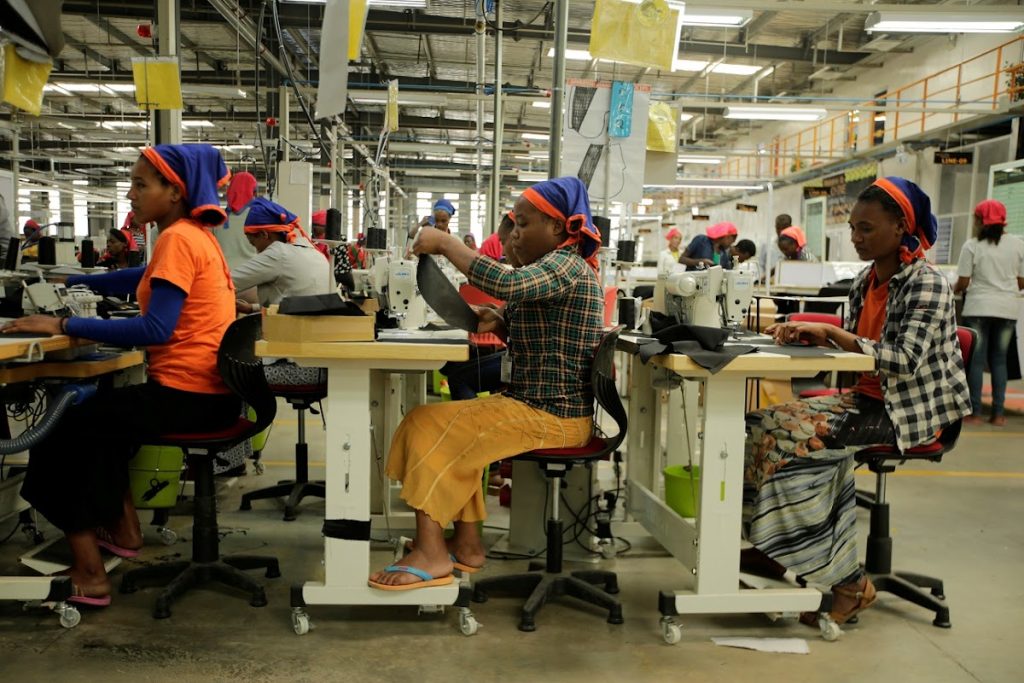By Abbey Makoe
The story of Thembelihle Tsabedze, a textile employee until recently employed by the Eswatini-based Wise & Presidents Garments and reportedly fired for refusing to work overtime due to her child-care obligation, is a microcosm of the evil side of capitalism.
The philosophy, a haven for the free market economic adherents who ostensibly are given to prioritizing profits is too prevalent in modern societies where the intersection of big business and politics oftentimes trample over the rights of workers.
Predictably, Wise & Presidents Garments denies the accusation of unfair labour practices amid an environment that the trade union movement describes as “enabling” and worker-unfriendly.
Now, anyone in their right mind knows too well the benefits of foreign direct investment into any economy, least of all across the developing nations, including Eswatini which has bilateral ties with Taiwan.
However, any form of foreign investment, particularly in the manufacturing sector, should never be allowed to exploit local labour and do so with impunity, as evidence so often suggests.
Thembelihle Tsabedze alleges that the manager, a local man planted by the proprietors to carry out their wishes on the shop floor, had ordered her to work overtime at short notice. The request, nay, order – clashed with Tsabedze’s daily schedule of fetching her baby from the daycare facility whose charges rise drastically after hours.
Tsabedze’s pleas fell on deaf ears and was the door for her protestations, as if standing accused of “doth protesting too much”, to borrow from Shakespeare.
Unemployment in Eswatini has skyrocketed in recent years. Its effects are characterized by an increase in hardships and wanton poverty, perhaps impoverishment is more accurate. The cost of living is unbearable for the majority of citizens. Groceries are too difficult to afford and many men and women are under-employed.
Such sad realities are compounded by the absence of a strict regime to enforce requisite labour laws that should be protecting the workers with the same enthusiasm it embraces big business, particularly the likes of Wise & Presidents Garments who ought to operate in accordance with the dictates of domestic legislation.
But then again, what recourse is there when citizens feel powerless and helpless? This is where the role of the State in society comes to mind. Governments are a representation of the State, whose primary objective needs to be safeguarding the interests of their citizens.
The Tsabedze story raises too many questions about the lapses of the government in its oversight role over big business. The Taiwanese businesses jumping into bed with the government must never be at the expense of unsuspecting, vulnerable employees such as Tsabedze.
The labour division of government and relevant authorities should without much ado go to the bottom of dastardly labour practices across the length and breadth of Eswatini. Excesses should not be tolerated; neither should shifty investors who connive with the politicians to plot the exploitation of ordinary workers.
Tsabedze should be reinstated at once, and back-paid. Such will send a strong message to the likes of Wise & Presidents Garments that Eswatini is not a haven for unscrupulous investors.
Opinions expressed are those of the author and dont represent those of the publication.
Tsabedze’s Tragic Experience: A Wake-Up Call for Change

FILE PHOTO: Workers sew clothes inside the Indochine Apparel textile factory in Hawassa Industrial Park in Southern Nations, Nationalities and Peoples region, Ethiopia November 17, 2017. REUTERS/Tiksa Negeri/File Photo